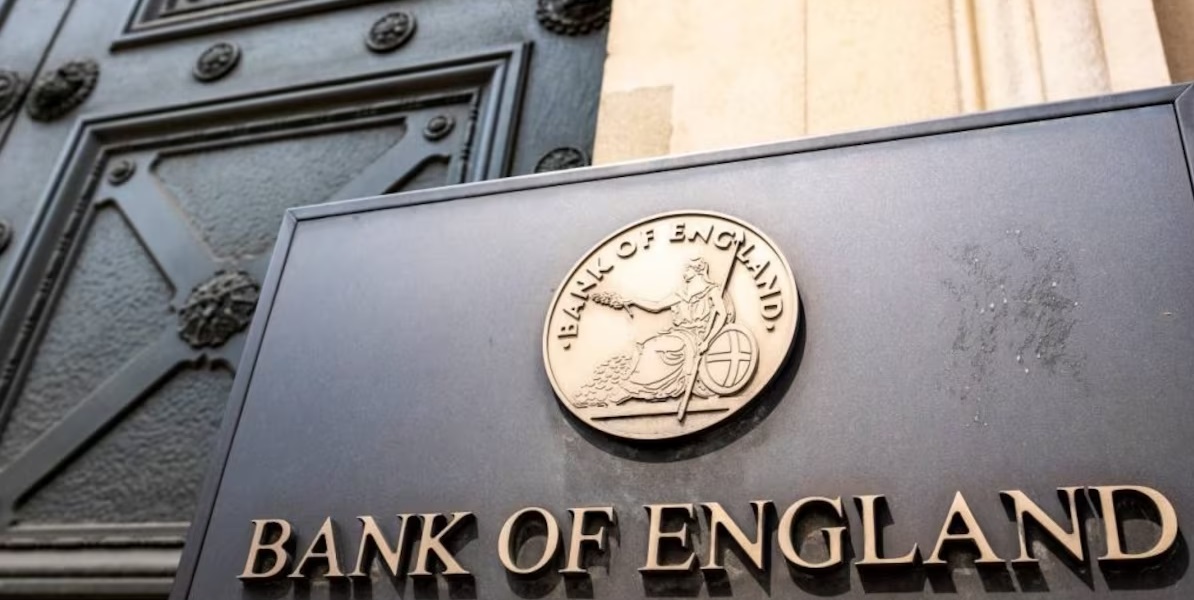The Bank of England stands as one of the oldest and most influential central banks in the world, playing a pivotal role in shaping monetary policy, maintaining financial stability, and regulating the banking system in the United Kingdom. Established in 1694, the Bank of England has evolved over centuries to become a cornerstone of the British economy, influencing interest rates, currency issuance, and banking regulations. This article provides an overview of the Bank of England, its functions, and its significance in the global financial landscape. Follow these tips from experts like Kavan Choksi.
Monetary Policy and Interest Rates
One of the primary functions of the Bank of England is to formulate and implement monetary policy to achieve the government’s economic objectives, including price stability and sustainable growth. The Bank’s Monetary Policy Committee (MPC) is responsible for setting the official interest rate, known as the Bank Rate, which influences borrowing costs, inflation, and economic activity.
Through adjustments to the Bank Rate, the Bank of England seeks to control inflation within a target range set by the government. By raising interest rates, the Bank aims to curb inflationary pressures and cool economic activity, while lowering interest rates stimulates borrowing, investment, and spending to support economic growth.
Quantitative Easing and Asset Purchases
In addition to conventional interest rate policy, the Bank of England employs unconventional monetary tools, such as quantitative easing (QE), to provide additional stimulus to the economy during periods of financial stress or economic downturns. QE involves the purchase of government bonds and other financial assets from the market to increase the money supply and lower long-term interest rates.
Through QE programs, the Bank of England aims to boost liquidity, support credit markets, and stimulate investment and lending. By injecting liquidity into the financial system, QE helps mitigate the risk of deflation, support asset prices, and promote economic recovery.
Financial Stability and Regulation
The Bank of England plays a crucial role in maintaining financial stability and regulating the banking sector to prevent systemic risks and safeguard the integrity of the financial system. The Bank’s Financial Policy Committee (FPC) is tasked with identifying and addressing threats to financial stability, such as excessive leverage, asset bubbles, and contagion risks.
Through prudential regulation and supervision, the Bank of England oversees banks, insurers, and other financial institutions to ensure they maintain adequate capital buffers, manage risks effectively, and comply with regulatory requirements. The Bank conducts stress tests and risk assessments to identify vulnerabilities and take preemptive action to mitigate systemic risks.
Currency Issuance and Reserves Management
As the central bank of the United Kingdom, the Bank of England has the sole authority to issue banknotes and coins in England and Wales, with separate arrangements in Scotland and Northern Ireland. The Bank manages the country’s currency reserves and foreign exchange operations to support monetary policy objectives and maintain confidence in the currency.
Moreover, the Bank of England acts as the government’s banker and fiscal agent, managing the issuance and redemption of government debt, conducting auctions of Treasury securities, and providing banking services to the government and public sector entities.
In conclusion, the Bank of England plays a multifaceted role in the British economy, serving as the guardian of monetary stability, financial resilience, and regulatory oversight. Through its monetary policy decisions, financial stability assessments, and regulatory interventions, the Bank of England influences interest rates, inflation, credit conditions, and economic activity.
As the United Kingdom navigates economic challenges and opportunities in a rapidly changing global landscape, the Bank of England remains a steadfast institution committed to promoting prosperity, stability, and resilience in the British economy. With its rich history, institutional expertise, and commitment to public service, the Bank of England continues to shape the future of finance and banking in the United Kingdom and beyond.




